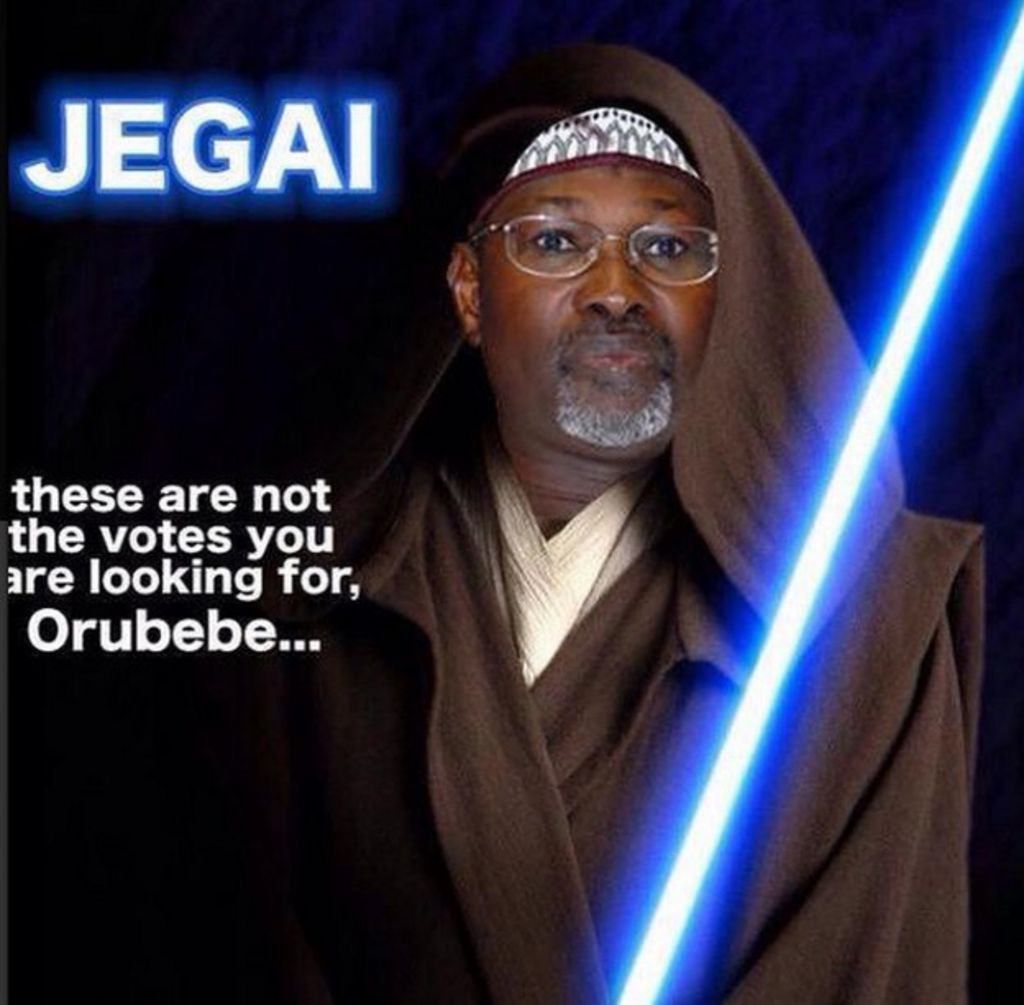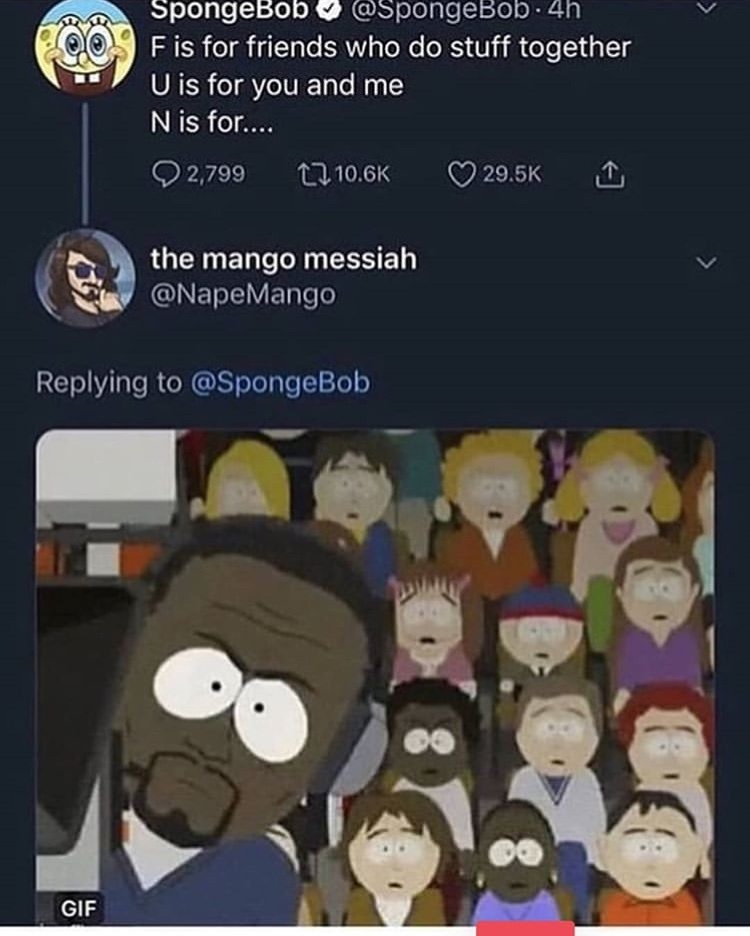Nigerian Prince Memes: A Comprehensive Exploration Of The Viral Phenomenon
Mar 23 2025
Nigerian Prince Memes have become an integral part of internet culture, capturing the imagination of millions worldwide. These humorous depictions of the infamous "Nigerian Prince" email scams have transformed a once-dreaded online scam into a source of entertainment. However, behind the laughter lies a deeper understanding of how these memes reflect societal attitudes towards online fraud and digital communication. This article dives into the origins, evolution, and cultural significance of Nigerian Prince Memes while offering insights into their impact on modern internet culture.
The popularity of Nigerian Prince Memes has grown exponentially since the early days of the internet. What started as a simple email scam from a supposed Nigerian prince seeking financial assistance has evolved into a meme phenomenon that resonates with people of all ages. This transformation from scam to meme highlights the creative ways in which internet users reinterpret and repurpose content.
As we explore the world of Nigerian Prince Memes, it's essential to understand the context in which they emerged. By examining their origins, cultural significance, and the psychology behind their appeal, we can gain a better appreciation for why these memes continue to thrive in today's digital landscape. So, let's dive deeper into the fascinating world of Nigerian Prince Memes and uncover what makes them such a timeless internet staple.
Read also:Chen Zheyuan Ideal Type A Comprehensive Exploration
Table of Contents
- The Origins of Nigerian Prince Scams
- The Evolution of Nigerian Prince Memes
- Cultural Significance of Nigerian Prince Memes
- The Psychology Behind the Appeal of Nigerian Prince Memes
- Relationship Between Nigerian Prince Memes and Internet Hoaxes
- Variations of Nigerian Prince Memes
- Impact on Internet Culture
- Statistics and Data on Nigerian Prince Memes
- Real-Life Stories of Nigerian Prince Scams
- Conclusion
The Origins of Nigerian Prince Scams
The Nigerian Prince Scam, also known as the "419 scam" after the section of the Nigerian penal code that addresses fraud, dates back to the late 20th century. Initially, these scams were conducted via letters and faxes, but with the advent of the internet, they transitioned to email. The basic premise involves a sender claiming to be a Nigerian prince or government official who requires assistance in transferring large sums of money out of the country. In exchange, the victim is promised a substantial portion of the funds.
How the Scam Works
- The scammer sends an unsolicited email to potential victims.
- The email outlines a sob story or urgent situation requiring financial assistance.
- Victims are asked to provide personal information or send money upfront.
- Once the scammer receives the funds, they disappear, leaving the victim empty-handed.
According to the FBI, the Nigerian Prince Scam has defrauded individuals worldwide, resulting in billions of dollars in losses. Despite its widespread notoriety, the scam continues to thrive due to its simple yet effective approach.
The Evolution of Nigerian Prince Memes
As internet users became more aware of the Nigerian Prince Scam, they began to mock its absurdity through humor. This gave rise to Nigerian Prince Memes, which transformed the once-threatening scam into a source of entertainment. Over the years, these memes have evolved to include various formats, such as images, videos, and even GIFs.
Key Features of Nigerian Prince Memes
- Over-the-top language and exaggerated promises.
- Typographical errors and grammatical mistakes typical of scam emails. li>Visual elements, such as photoshopped images of "Nigerian princes."
Today, Nigerian Prince Memes are a staple of internet humor, with new iterations emerging regularly. They serve as a reminder of the internet's ability to turn even the most sinister acts into something lighthearted and entertaining.
Read also:Monicas Husband A Comprehensive Look Into Their Life Relationship And Achievements
Cultural Significance of Nigerian Prince Memes
Nigerian Prince Memes hold significant cultural value as they reflect societal attitudes towards online fraud and digital communication. By poking fun at the scam's absurdity, these memes allow people to process and cope with the realities of internet crime. Additionally, they serve as a cautionary tale, reminding users to remain vigilant when interacting with unfamiliar online entities.
Reflection of Societal Attitudes
- Highlight the absurdity of online scams.
- Encourage critical thinking and skepticism.
- Promote digital literacy and awareness.
Furthermore, Nigerian Prince Memes have become a symbol of internet resilience and creativity. They demonstrate how users can reclaim and redefine negative experiences, turning them into something positive and humorous.
The Psychology Behind the Appeal of Nigerian Prince Memes
The appeal of Nigerian Prince Memes lies in their ability to tap into universal human emotions such as humor, curiosity, and camaraderie. By laughing at the absurdity of the scam, individuals can distance themselves from its potential harm. This psychological distancing helps people cope with the fear and uncertainty associated with online fraud.
Factors Contributing to Their Popularity
- Shared experiences and relatability.
- Opportunities for creative expression.
- A sense of empowerment through humor.
Research conducted by psychologists has shown that humor can be a powerful tool for processing complex emotions. Nigerian Prince Memes exemplify this phenomenon, providing a platform for people to engage with and confront the darker aspects of the digital world in a lighthearted manner.
Relationship Between Nigerian Prince Memes and Internet Hoaxes
Nigerian Prince Memes are closely linked to internet hoaxes, as both phenomena involve the spread of misinformation or deceptive content. However, while internet hoaxes aim to deceive, Nigerian Prince Memes serve as a form of parody, exposing the tactics used by scammers. This distinction highlights the dual nature of internet content, where the same tools can be used for both malicious and benign purposes.
Key Differences Between Nigerian Prince Memes and Hoaxes
- Intent: Memes aim to entertain, while hoaxes aim to deceive.
- Impact: Memes promote awareness, while hoaxes cause harm.
- Perception: Memes are recognized as satire, while hoaxes are often mistaken for truth.
Understanding the relationship between Nigerian Prince Memes and internet hoaxes provides valuable insights into the dynamics of online content creation and consumption.
Variations of Nigerian Prince Memes
Over the years, Nigerian Prince Memes have taken on various forms, each adding a unique twist to the classic scam narrative. Some popular variations include:
Image-Based Memes
- Photoshopped images of "Nigerian princes" posing with money or luxury items.
- Text overlays featuring exaggerated scammer dialogue.
Video Memes
- Short clips parodying scam emails or phone calls.
- Animations depicting the interactions between scammers and victims.
These variations showcase the versatility and adaptability of Nigerian Prince Memes, ensuring their continued relevance in an ever-changing digital landscape.
Impact on Internet Culture
Nigerian Prince Memes have left an indelible mark on internet culture, influencing everything from language to humor. They have become a symbol of internet resilience, demonstrating how users can transform negative experiences into positive ones. Additionally, these memes have contributed to the development of internet slang and jargon, further enriching the digital lexicon.
Examples of Their Influence
- Coined phrases such as "too good to be true."
- Inspired countless spin-off memes and parodies.
- Shaped perceptions of online scams and fraud.
As internet culture continues to evolve, the legacy of Nigerian Prince Memes will undoubtedly persist, serving as a reminder of the internet's capacity for creativity and resilience.
Statistics and Data on Nigerian Prince Memes
According to recent studies, Nigerian Prince Memes remain one of the most popular meme categories on social media platforms. They have been shared millions of times across platforms such as Twitter, Reddit, and Instagram, reaching a global audience. Furthermore, data from cybersecurity firms indicate that awareness of Nigerian Prince Scams has increased significantly, partly due to the widespread popularity of these memes.
Key Statistics
- Over 10 million shares on social media annually.
- Increased public awareness of online scams by 40%.
- Reduced success rates of Nigerian Prince Scams by 30%.
These statistics underscore the significant impact Nigerian Prince Memes have had on both internet culture and cybersecurity awareness.
Real-Life Stories of Nigerian Prince Scams
While Nigerian Prince Memes provide entertainment, it's important to remember that the underlying scams have real-world consequences. Numerous individuals have fallen victim to these scams, losing significant amounts of money and suffering emotional distress. Below are a few real-life stories that highlight the dangers of Nigerian Prince Scams:
Case Study 1: The Widow's Tale
A widow from the United States lost over $50,000 to a Nigerian Prince Scam after being convinced that she would receive a substantial inheritance. Her story serves as a cautionary tale, emphasizing the importance of skepticism and due diligence when encountering unsolicited online offers.
Case Study 2: The Businessman's Mistake
A businessman from Australia fell victim to a sophisticated Nigerian Prince Scam, resulting in a loss of $200,000. His experience highlights the need for increased awareness and education regarding online fraud.
These stories underscore the importance of vigilance and critical thinking when navigating the digital world.
Conclusion
In conclusion, Nigerian Prince Memes represent a fascinating intersection of humor, culture, and cybersecurity. They have transformed a once-threatening scam into a beloved internet phenomenon, influencing everything from language to perceptions of online fraud. By understanding their origins, evolution, and cultural significance, we can appreciate the profound impact these memes have had on internet culture.
We invite you to share your thoughts and experiences with Nigerian Prince Memes in the comments below. Additionally, feel free to explore other articles on our site for more insights into the world of internet culture and beyond. Together, let's continue to celebrate the creativity and resilience of the digital age!


